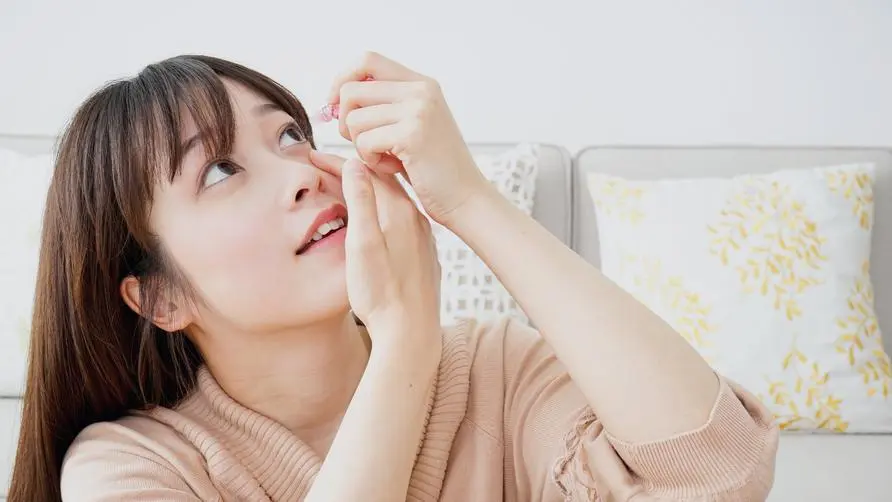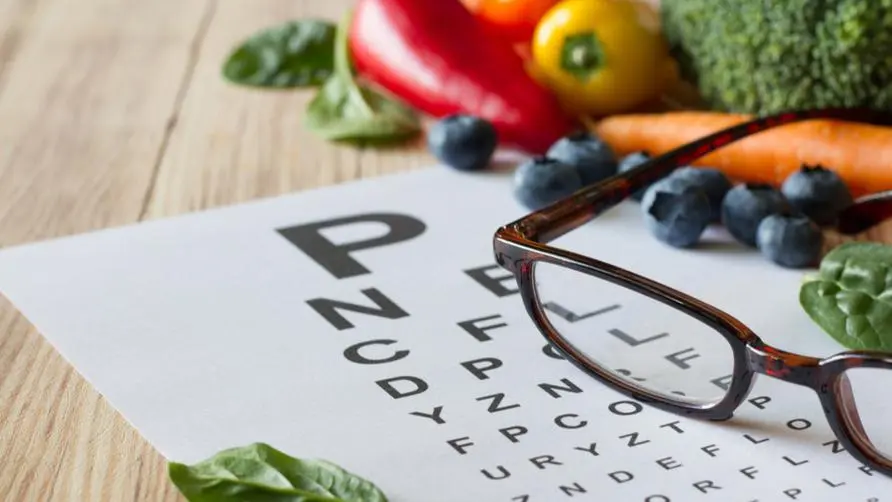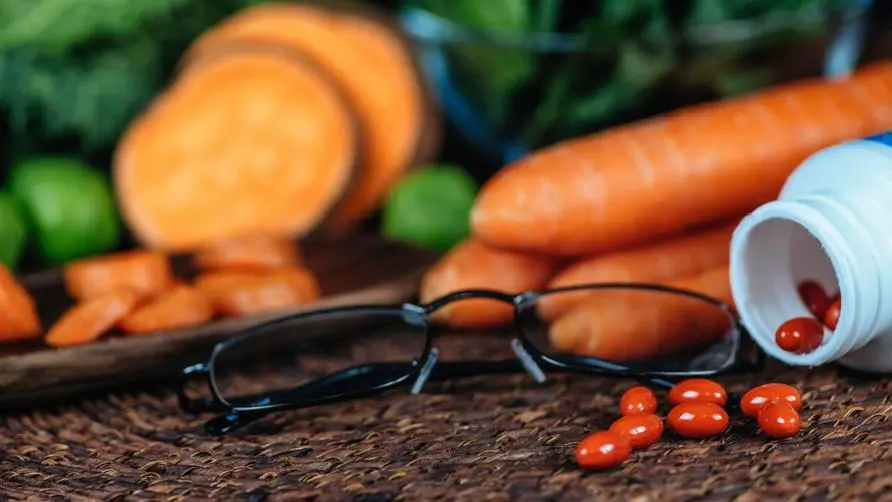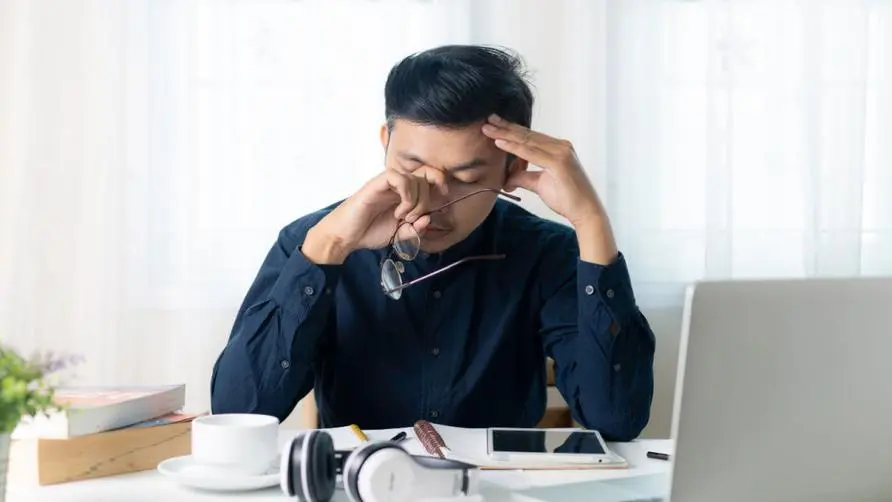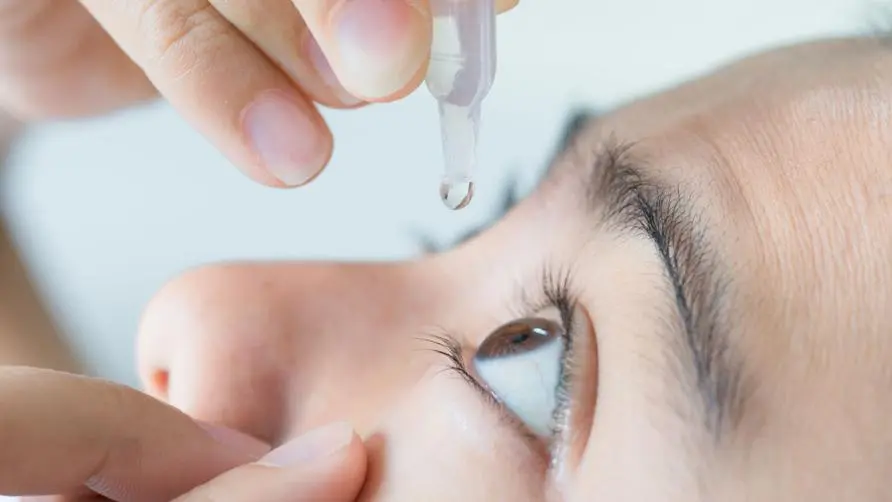Excessive eye strain? Is it not enough to just eat "lutein"? Doctors named eggs as one of the top 10 eye-protecting foods, but eggs were not on the list? !
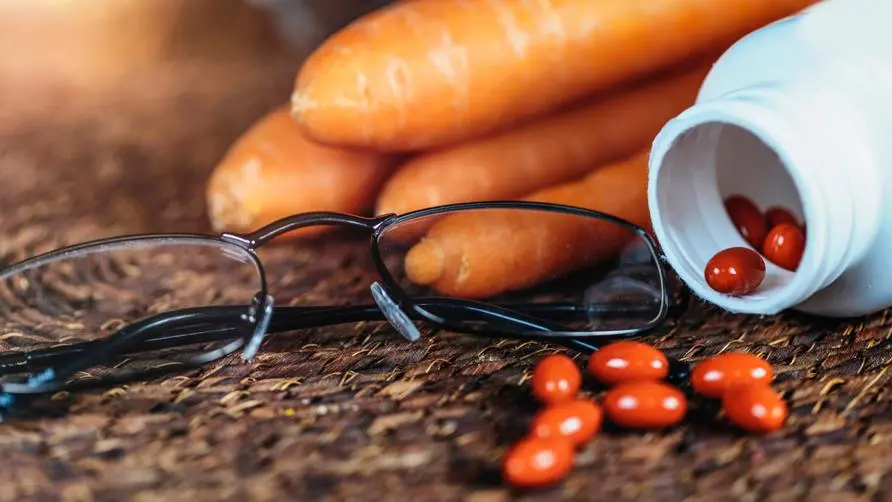
Is lutein a powerful tool for “eyesight health”? Is “zeaxanthin” equally important?
Modern people often overuse their eyes and suffer from visual fatigue. Lutein supplementation has become a trend. Dr. Chen Yuan, director of the Department of Ophthalmology at New Taipei City Hospital , said that in addition to lutein, “zeaxanthin” is also equally important as a nutrient required by eye cells. The “macula” in the human eye is the area with the densest concentration of eye cells. It contains two important components. One is the well-known “lutein” and the second is “zeaxanthin”. Both They are all carotenoids and have a certain effect on repairing macular cells and retinal cells.
Dr. Chen Yuan explained that both lutein and zeaxanthin have “antioxidant” properties. As we age, human organs are prone to aging due to oxidation. Therefore, supplementing with lutein and zeaxanthin can protect the retina and prevent macular degeneration.
From which sources should lutein be ingested? How many doses a day is enough?
Dr. Chen Yuan said that the human body cannot produce lutein and zeaxanthin on its own and must be ingested from food. However, during the operation of eye cells, these carotenoids need to be consumed for metabolism.
Dr. Chen Yuan reminds people who have to stare at the screen for a long time and have eye fatigue, or those who have poor living habits and often overuse their eyes, they need to consume enough lutein and zeaxanthin in their daily lives. Insufficient intake and lack of nutrients beneficial to the eyes may cause rapid vision loss, deepening of myopia, and related eye diseases.
Based on the latest research, Dr. Chen Yuan recommends that the public should consume 10-15 mg of lutein a day to achieve the effect of eye health. If the intake exceeds 30 mg, the body will not be able to absorb it. In addition, the well-known large-scale health care study “AREDS2” in the United States recommends supplementing 10 mg of lutein a day, combined with 2 mg of zeaxanthin, which is currently the most standard “golden ratio”. A dose ratio of 10:2 can prevent macular degeneration. Local lesions.
As for how to choose the type of lutein? Dr. Chen Yuan said that most lutein is divided into “fat-soluble” and “free”. Most of the lutein products on the market are fat-soluble lutein; while free lutein is easier for the body to absorb, but is relatively expensive.
What foods can be consumed to supplement lutein? Is eating “one egg” a day enough?
Dr. Chen Yuan said that “dark green vegetables” are good sources of lutein supplements, such as green cauliflower, spinach, green peppers, peas, zucchini and other foods. In addition, red and yellow foods such as corn, pumpkin, and carrots can also achieve the effect of supplementing lutein. If your usual vegetable intake is insufficient, you can also eat more fruits such as oranges and kiwis to supplement your intake.
Is it true that there is a popular saying on the Internet that “eating eggs every day will get enough lutein”? Dr. Chen Yuan reminds that eating one egg a day may not fully absorb lutein and zeaxanthin at the same time. In terms of diet, it is recommended to keep “balanced and comprehensive” as the primary goal. Do not be partial to eclipses or excessive intake of specific foods, which may easily lead to An imbalance of nutrients required by the body may not be beneficial to health.
Astaxanthin helps retinal blood flow? Is it useful to take “shrimp and shellfish” food supplements?
Dr. Chen Yuan explained that “astaxanthin” is a substance isolated by humans from seafood such as shrimps and lobsters. It is also a type of carotenoid in structure and has the same structure as lutein and zeaxanthin. Current research shows that astaxanthin cannot be detected in a scientifically effective dose in the human body, nor can it be produced by the human body.
Dr. Chen Yu’an said that in the current small-scale animal experiments, supplementing astaxanthin can indeed restore the blood flow of the animal’s retina; however, it is not the same as humans taking in lutein and zeaxanthin to help retina and macular cells. Metabolism, the two mechanisms are not the same. Whether astaxanthin supplementation benefits retinal blood vessels in humans has not been confirmed by large studies.
Dr. Chen Yuan believes that astaxanthin is an artificially extracted substance. If you supplement astaxanthin with seafood, you may eat too much seafood. You should discuss with your doctor whether you need to choose nutritional supplements. In addition, people who are allergic to seafood, have autoimmune diseases, or are taking immunosuppressants should avoid excessive intake of astaxanthin, which may cause related allergic symptoms.
